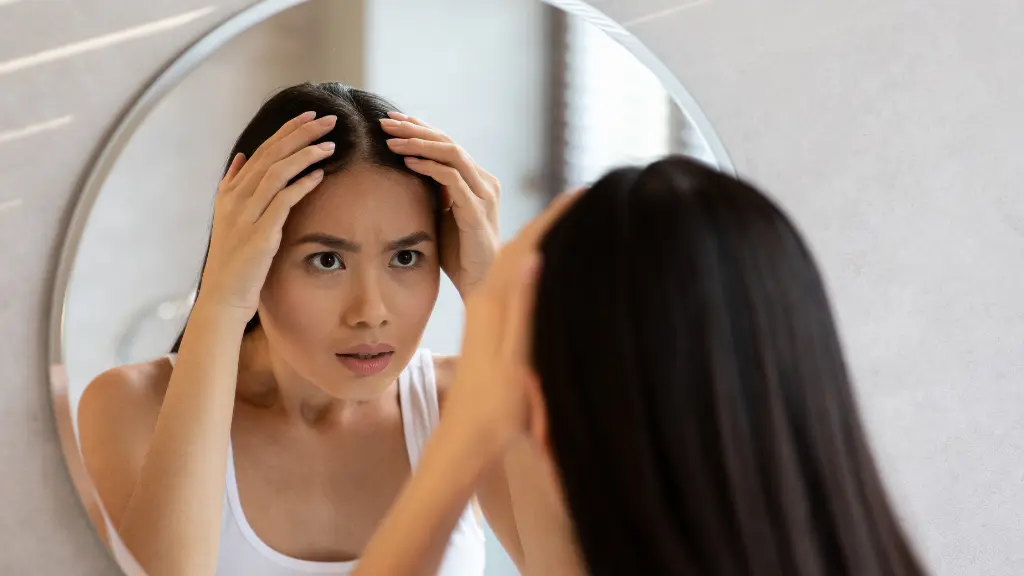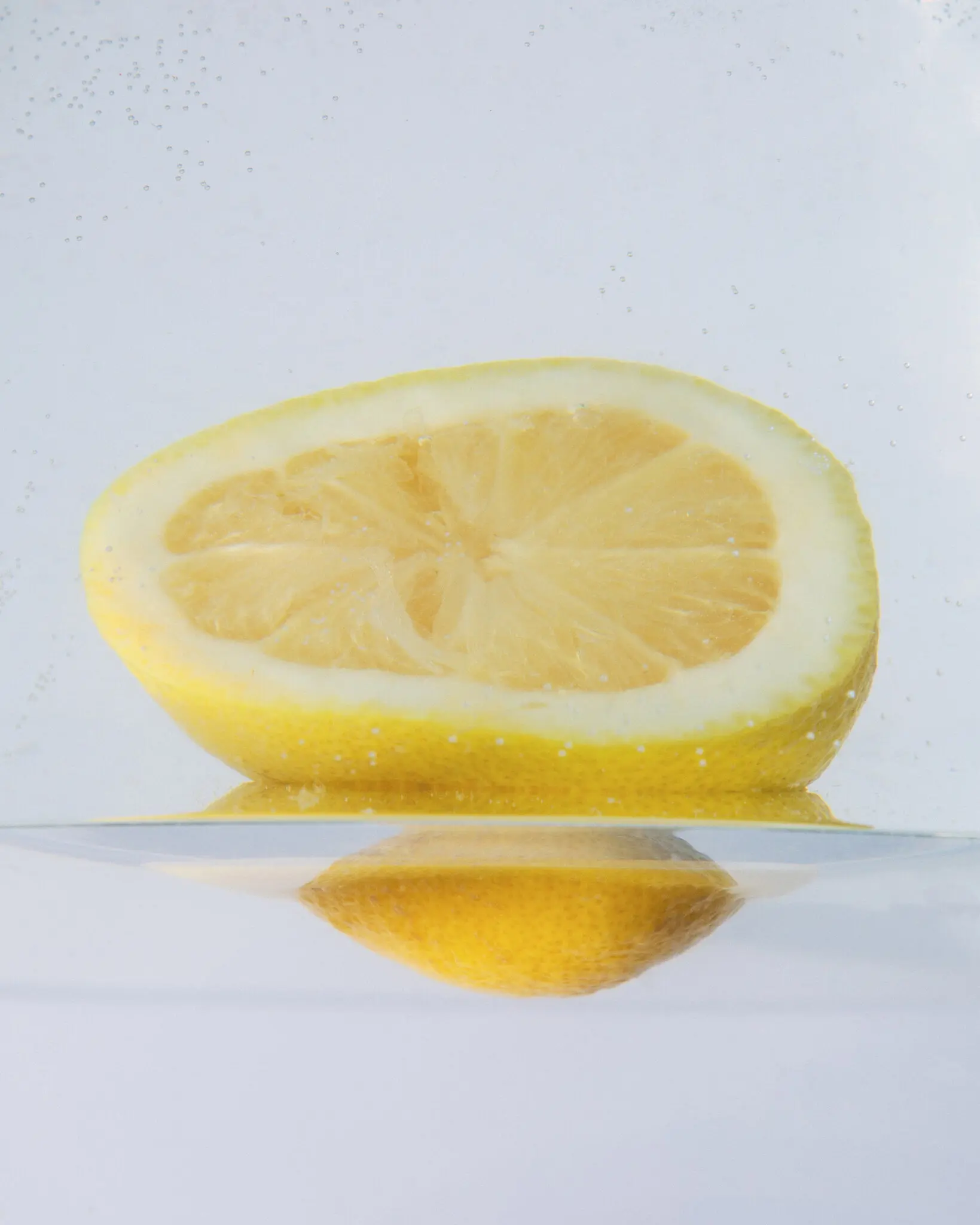You’ve probably heard it before—too much stress can turn your hair gray. But is there truth behind this common belief, or is it just another old wives’ tale?
Studies reveal there may be some scientific truth to the idea that stress can impact hair color, although it’s not as straightforward as it may seem.
Here’s what science says about the connection between stress and gray hair, and what you can do to keep your hair healthy at any age.
You May Also Like: New Zealand’s 10th Great Walk: 5 Essential Details About the Newest Trekking Adventure
1. The Basics of Hair Color and Pigmentation
Before we get into the link between stress and gray hair, it’s helpful to understand what gives hair its color in the first place. Hair color is determined by cells called melanocytes, which produce melanin—the pigment responsible for giving color to hair, skin, and eyes. As we age, these melanocytes gradually produce less melanin, leading to the natural process of graying.
However, various factors, including genetics, lifestyle, and stress, can influence when and how quickly this process occurs. While age is the primary factor, recent research suggests that intense stress could play a role in accelerating gray hair.
2. Does Stress Really Cause Gray Hair? Here’s What Research Says
The idea that stress directly causes gray hair is a bit oversimplified. Here’s what current research indicates:
- The Role of Stress Hormones: Studies have shown that stress triggers the release of hormones, such as cortisol and norepinephrine, which help the body respond to perceived threats. These stress hormones are necessary in small amounts, but chronic stress can lead to overproduction, impacting various systems in the body, including hair health.
- Stem Cell Impact: Research conducted on mice at Harvard University in 2020 found that stress can deplete melanocyte stem cells in hair follicles. Once these stem cells are lost, they cannot regenerate melanin, leading to a permanent loss of color, or graying. This suggests that intense or prolonged stress could accelerate the depletion of pigment cells in hair follicles, contributing to gray hair earlier than usual.
While this study focused on mice, scientists believe similar mechanisms could apply to humans, linking chronic stress to early graying in some cases. However, not everyone who experiences high stress will go gray, as factors like genetics and age play crucial roles.
3. How Genetics Influence Gray Hair
Even though stress can have an impact, it’s essential to note that genetics largely determine when and how quickly you’ll go gray. If your parents or grandparents experienced gray hair early, you’re more likely to see gray strands earlier, too. Genetics generally set the foundation, while stress can act as a secondary factor that may accelerate the timeline for some people.
Age is another important factor. For most people, the natural process of graying starts around their 30s and 40s, but those with genetic predisposition or exposure to chronic stress may experience it sooner.
4. Lifestyle Factors That May Contribute to Early Graying
While stress gets a lot of attention, other lifestyle factors can contribute to premature graying. Here’s how these elements might play a role:
- Diet: Deficiencies in certain nutrients, such as B vitamins, iron, and copper, have been associated with early graying. B vitamins, in particular, play a role in overall hair health and pigmentation.
- Smoking: Studies show that smokers are more likely to experience gray hair before the age of 30 compared to non-smokers. Smoking affects blood circulation, which can lead to reduced oxygen and nutrients reaching the hair follicles, potentially impacting pigmentation.
- Pollution: Environmental pollutants can produce oxidative stress in the body, leading to free radical damage. This oxidative stress can impact hair follicles, potentially accelerating the graying process.
5. Managing Stress to Support Hair Health
While it may not be possible to entirely prevent gray hair, managing stress can support overall health and may contribute to better hair health. Here are some practical strategies to help manage stress:
- Exercise Regularly: Physical activity is a natural stress reliever, helping to reduce cortisol levels and improve mood. Incorporate activities like walking, yoga, or strength training to reduce daily stress.
- Mindfulness and Meditation: Mindfulness practices and meditation can have significant effects on stress levels. Even a few minutes of deep breathing exercises can help calm the mind and lower cortisol levels.
- Prioritize Sleep: Adequate sleep is crucial for managing stress. Aim for 7–9 hours of restful sleep per night to allow the body to repair and recover.
- Connect with Others: Social support is another critical factor in stress management. Talking with friends, family, or a counselor can provide emotional support and help reduce stress.
- Self-Care Routines: Practicing self-care, whether through hobbies, nature walks, or relaxation techniques, can be an effective way to keep stress in check.
6. Nutritional Tips to Support Hair Health
Nutrition is another key element in hair health. Including certain foods in your diet can support hair pigmentation and health, potentially helping to delay the onset of gray hair. Here are some nutrient-rich foods to include in your diet:
- B-Vitamin-Rich Foods: Foods like leafy greens, eggs, meat, and whole grains contain B vitamins, which are essential for hair health.
- Iron and Copper Sources: Iron-rich foods like spinach and legumes, as well as copper sources like nuts and seeds, play a role in maintaining hair color.
- Antioxidant-Rich Foods: Foods high in antioxidants, such as berries, green tea, and dark chocolate, can help protect cells from oxidative stress.
7. Embracing Your Gray Hair: A Positive Perspective
While stress may play a role in hair color, gray hair is a natural part of aging, and for many, it’s a feature to be embraced. Society’s perception of gray hair has changed over time, with more people viewing it as a symbol of wisdom, experience, and maturity. Embracing your gray hair can be empowering, and there are countless products and styling options available to help you feel confident with your natural look.
If you’re not ready to go gray, there are also hair care options to explore. From natural-looking dyes to hair products that help enhance silver tones, there are plenty of ways to take control of your look while managing your hair’s health.
Final Thoughts
So, can stress turn your hair gray? The answer is nuanced. While chronic stress may accelerate the graying process, genetics, age, and lifestyle factors play a significant role in determining when and how quickly gray hair appears. The best way to support hair health is through stress management, a balanced diet, and a healthy lifestyle.
Whether or not gray hair is a part of your life, embracing the natural aging process with confidence can be incredibly freeing. With science continuing to explore the link between stress and gray hair, we’re learning more about how our bodies respond to the pressures of modern life—and how we can take steps to stay healthier, happier, and more resilient.










